|
By Muniyra Douglas Transcribed by Tiffany Trinh For centuries, Canadians of Asian descent have helped shape Canada into the diverse country it is today. Unfortunately, many Asian migrant workers are currently working at a low-pay wage, under unpleasant working conditions in the country. In this VIBE TALKS interview, Correspondent Muniyra Douglas speaks with Anna Liu and Chris Ramsaroop, Co-Chairs of the Asian Canadian Labour Alliance. They discuss migrant workers compensation, recruitment fees, international students in the workplace, combating Islamophobia and much more. Muniyra: What are your initiatives and your main focus areas? Chris: There are several focuses for our organization. Most of our work is trying to mobilize and work with graduate workers and reconcile workers in the community, who are both unionized and nonunionized. Many of us also have different hats (that we wear), so what’s in our union or what’s in our community organization, part of our work is to put pressure on both the provincial and federal government. Also, to try to engage in undertake reforms that help workers and don’t hurt to typically vulnerable and precarious communities. Anna: We do work with labour unions and community based organizations. For example, in the past we worked with the Chinese-Canadian National Council, both the national chapter and the Toronto chapter. We’ve worked with Justice For Migrant Workers on a variety of issues and we’ve worked with the Council of Agency Serving South-Asians. I think you get the picture in terms of a variety of different community based, along with activist based organizations and labour unions. Muniyra: What are some concerns facing Asian migrant workers? Chris: There’s different categories of migrant workers. The umbrella framework is called the Temporary Foreign Worker Program. Whether it’s people who are caregivers, farmworkers, or construction workers, and international students, what we see in a lot of instances is that people are tied to an employer. For workers who are farmworkers or caregivers there is no real labour social mobility. For workers who are defined as low skilled workers such as agriculture workers, they have to return back to the home country, and they won't have any access to permanent residency. What we call that is a form of unfree labour. It's a controlled labour force where there is little mobility, and the employers dictate and control every aspect of their lives. There is an inherent power bound that is perpetuated through workers not being able to give out their rights in the workplace. Muniyra: What are recruitment fees and why are they such a concern for labour workers? Chris: That’s a very important question. Recruitment fees are where third-party organizations or agents facilitate the arrival of migrant workers in Canada. We have a stereotype and believe that the idea of recruiters and recruitment fees are a problem of the so-called global south, and that this is somebody else's problem. What we have documented over the last couple of years is that this is a very Canadian made concern and a Canadian made problem. Recruitment fees exist where services are rendered for bringing migrant workers to Canada. We've also seen that people are paying anywhere from five to twenty thousand dollars in initial fees, to work in Canada in low-wage work. Workers have also been charged for the work permit extension, getting job offers, finding other forms of work, and for housing. This basically exasperates the condition of control, where workers are under the mercy of both employers and recruiters. Munyira: Does anti-Muslim rhetoric effect work as job placements or behaviour within the workplace? Chris: One of the important things that we have to remember with the temporary foreign worker program, the international mobility program and just generally the history of employment is that employers love to use racial division. They love to try to divide workers. Race and gender have been the most important tools that employers use to compete and pit workers against each other. What's important for us to start examining and to undertake is seeing how we counter and how we fight this in our workplaces and in our community. Anna: The Asian Canadian Labour Alliance (ACLA) has been involved in a dialogue with a lot of Chinese Canadian groups who are really concerned with a component of folks within the Chinese community who have been quite vocal with anti-Muslim rhetorics. We have worked closely over the last few weeks to issue this joint statement and to get this information out into the Chinese community and general public to change the dialogue in terms of saying that not everyone in the Chinese community is anti-Muslim. In fact, the majority of Chinese-Canadians and Asians in general are not anti-Muslim and we want to be able to shake that dialogue so that the folks who want to dominate that conversation don't end up doing that. We are trying to create another voice and be more vocal within the Chinese community. Munyira: In 2015, Trudeau promise to end a discriminatory practice of linking workers to specific employers. Why is that such an issue? Chris: We see this particularly in low-wage employment, and this is a form of indentureship. The government and employment officials will tell you that migrant workers have the same rights as Canadians do. Fay Faraday wrote a report called Made in Canada and she was able to document how the impact of being tied to an employer, ceases the ability to exert your rights. When you're tied to an employer you're fearful of being sent home and deported, so you're not going to be exerting your rights within the workplace. It creates a very exploitative model of immigration, where immigration laws are being used to divide workers. It was the Liberals in 1966 that introduced the Seasonal Agricultural Worker Program which is a program that ties migrant workers to an employer. It was around 2002 and 2003 where we saw the expansion of this model to other industries. The Federal Conservatives did basically increase and expand this Liberal model, though while they were in opposition, condemned for the expansion of the program. The Liberals are complicit and they haven't taken any real meaningful action to address these power imbalance and these injustices that occur for migrant workers. Munyira: How can concerned citizens help bring about positive change for labour workers? Chris: If you're a student at York University, the Ontario Public Interest Group (OPIRG), is a really important organization that has helped and supported much of the work we are doing. The Canadian Union of Public Employees (CUPE locals), on the York University campus have also been very important. Also, joining the Asian Canadian Labour Alliance. Anna: For the regular person, pop into your elected officials office whether it's at the provincial or federal level to voice concern over how migrant workers and temporary workers are treated here in Canada. Chris has already outlined all the details, in terms of how they face really stressful, precarious and sometimes dangerous situations at work. They have very little protection available to them and they don't have a lot of resources, or places to turn to for assistance. It would be good to have people just pop into their MP or MPP offices to say: “What are you guys doing about this problem and why are we allowing really terrible working conditions to happen in a country that's very wealthy and can provide adequate healthcare, wages and other benefits?” To show your support and help bring about a positive change for labour workers in Canada, visit ACLA.
*Editor’s Note: This interview aired as part of the Asian Heritage Month series on VIBE105. |
Recent Posts
Categories
All
Archives
February 2022
|
|
GET THE APP!
Listen to VIBE 105 anywhere you go!
|
OUR STATION
|
TUNE IN RADIO
|
STAY CONNECTED
|
Copyright © 2021 Canadian Centre for Civic Media and Arts Development Inc. Except where otherwise noted, presentation of content on this site is protected by copyright law and redistribution without consent or written permission of the sponsor is strictly prohibited.


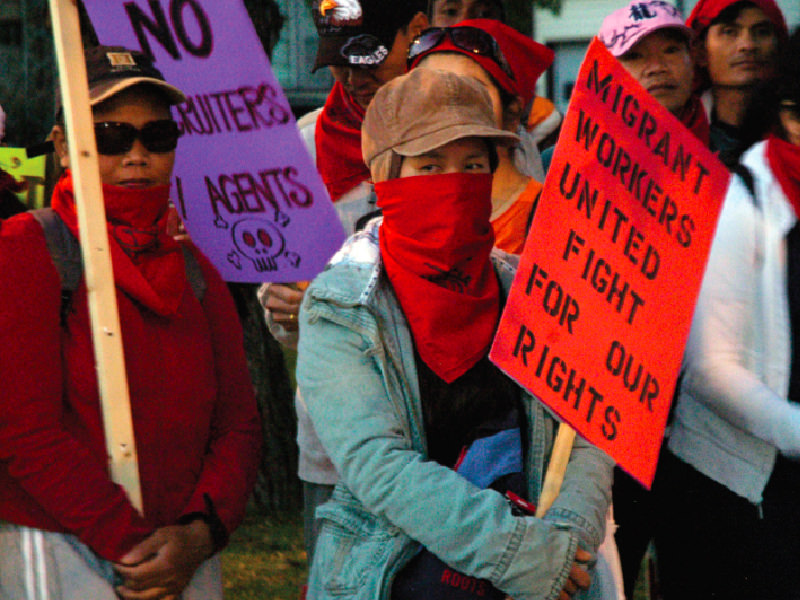
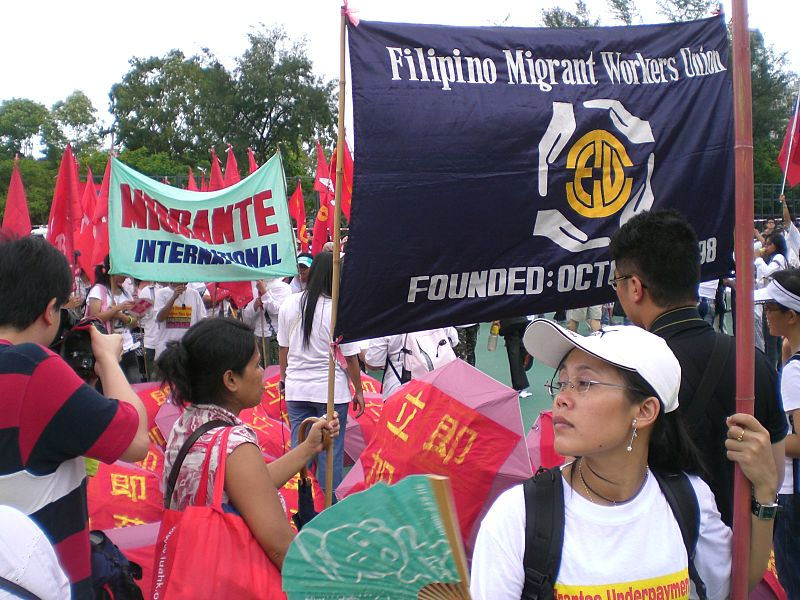
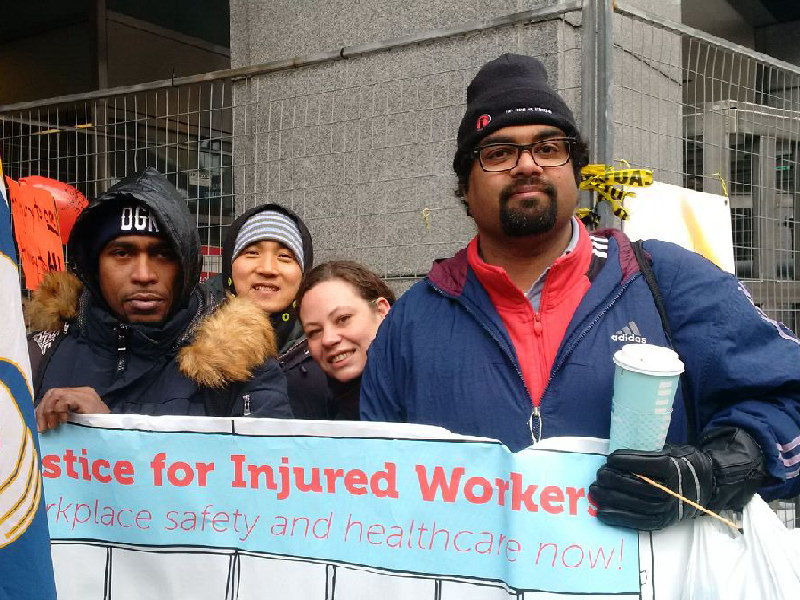
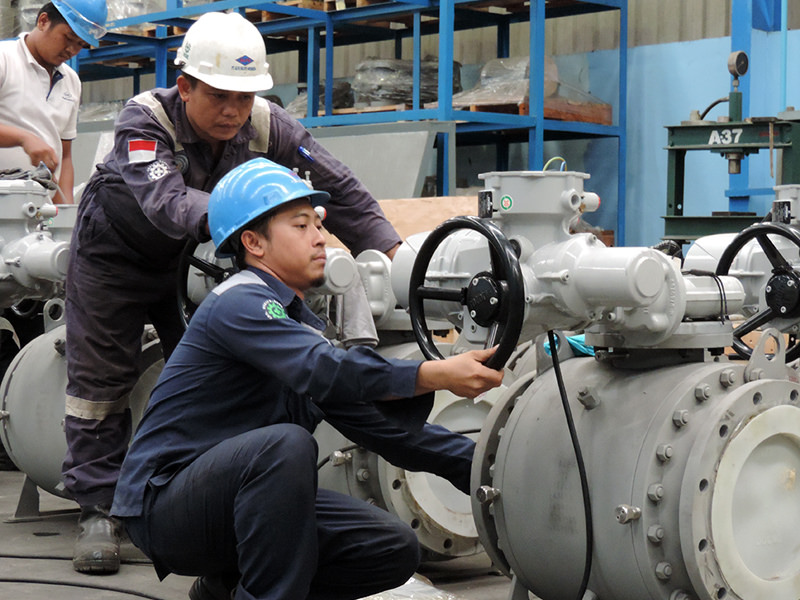
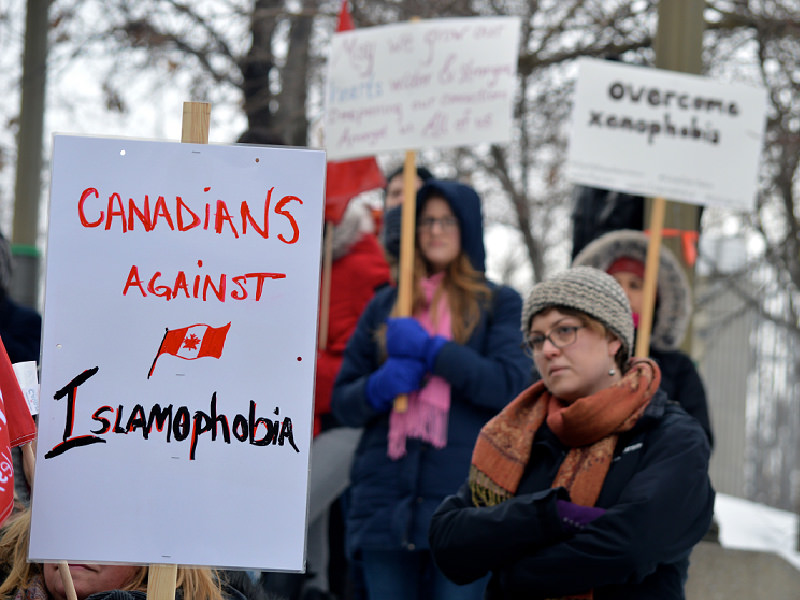
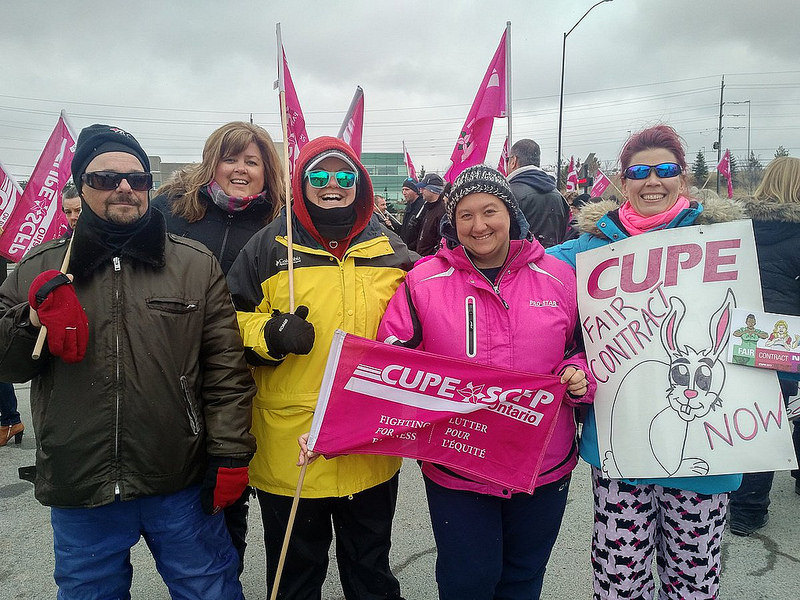
 RSS Feed
RSS Feed


